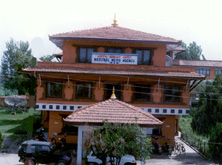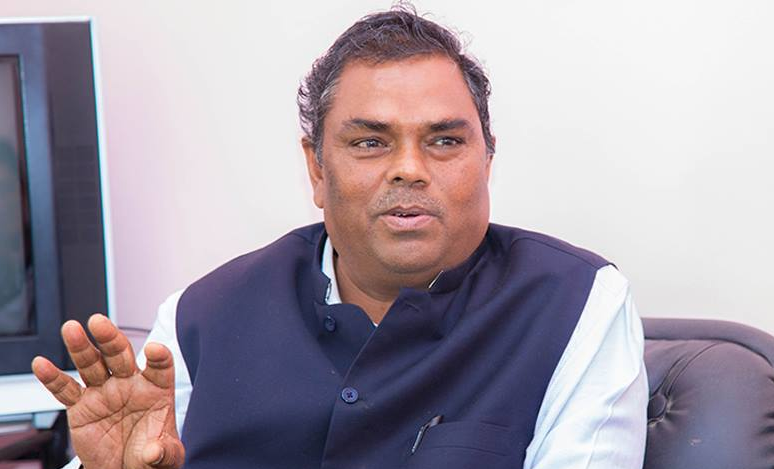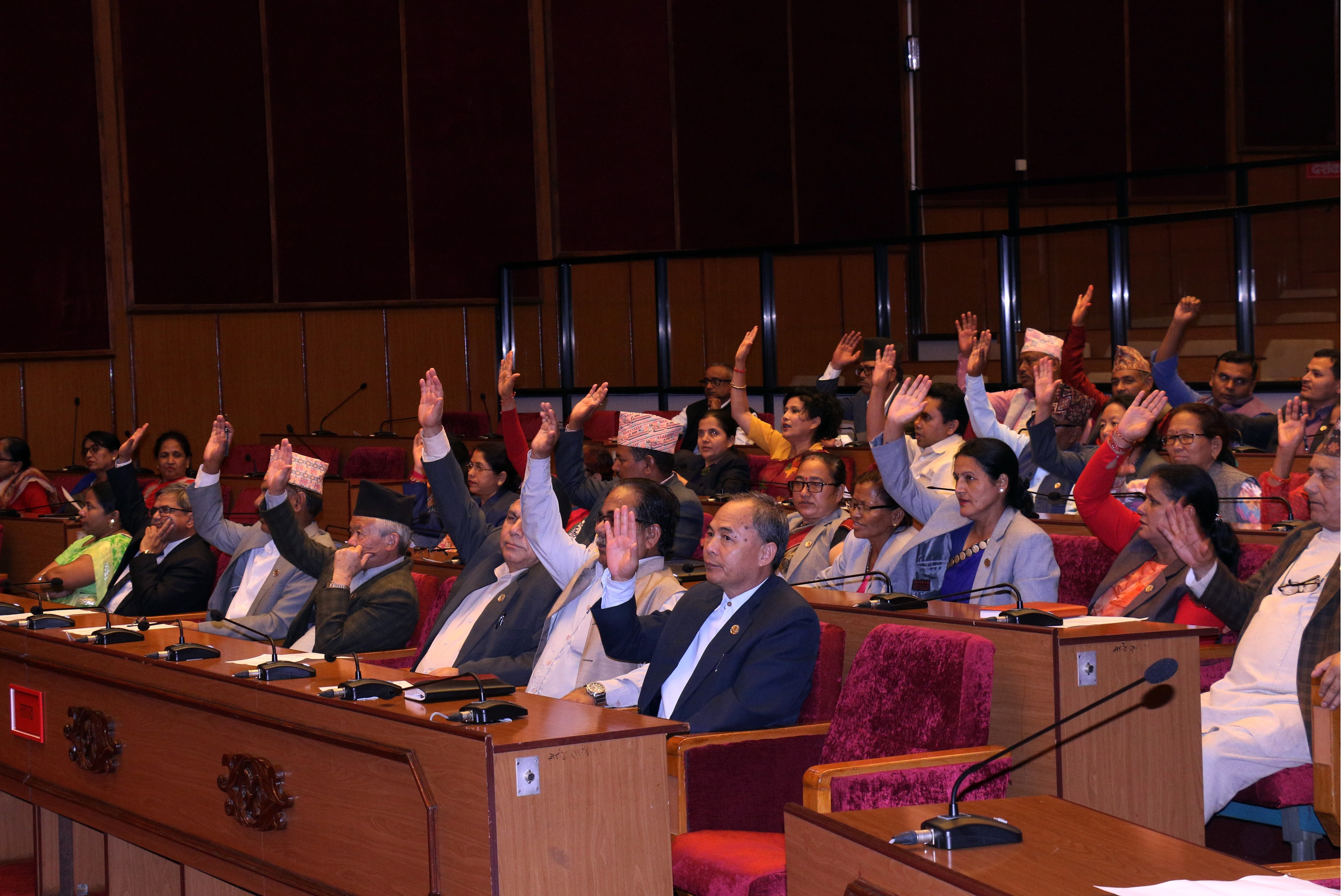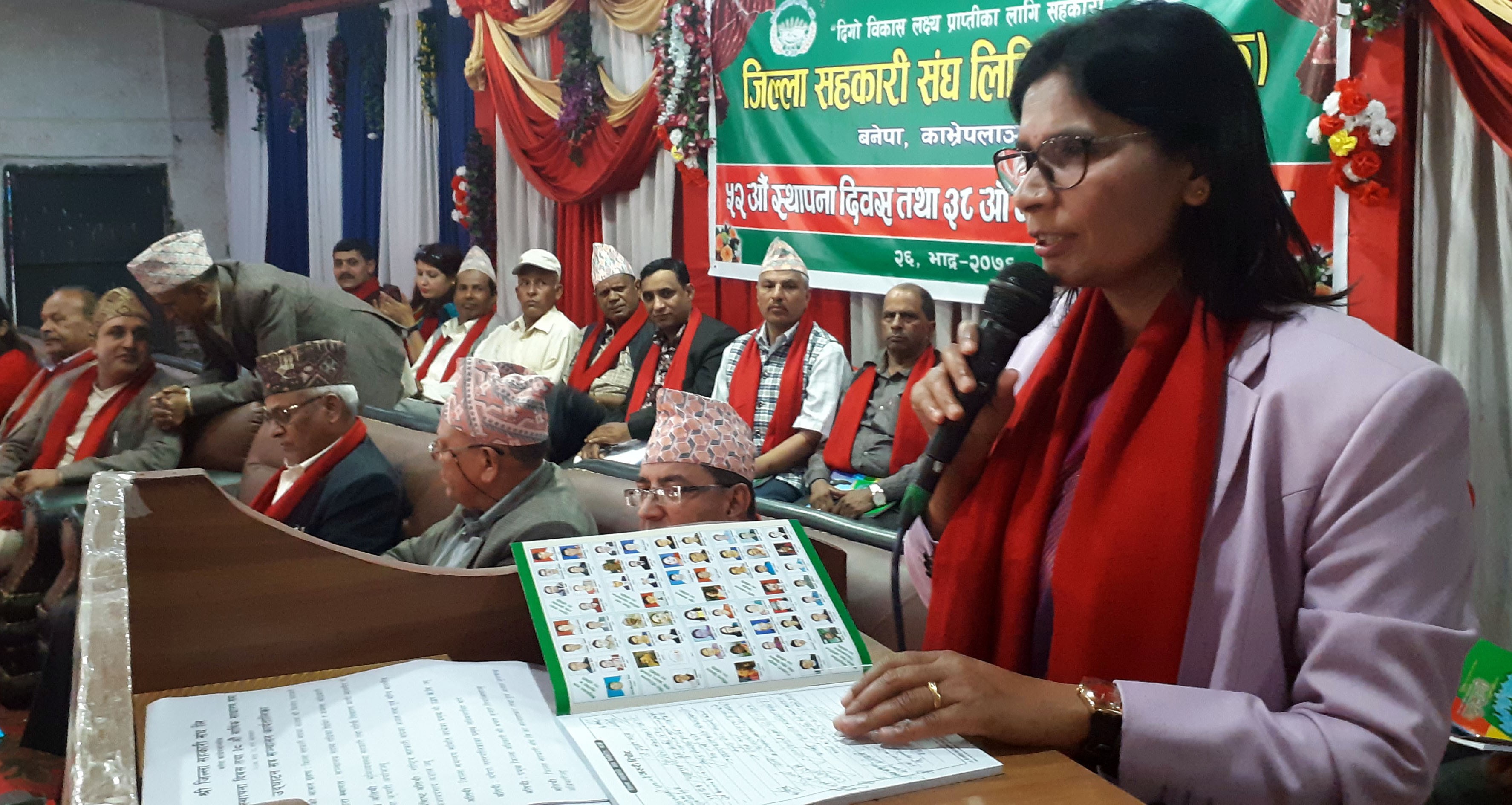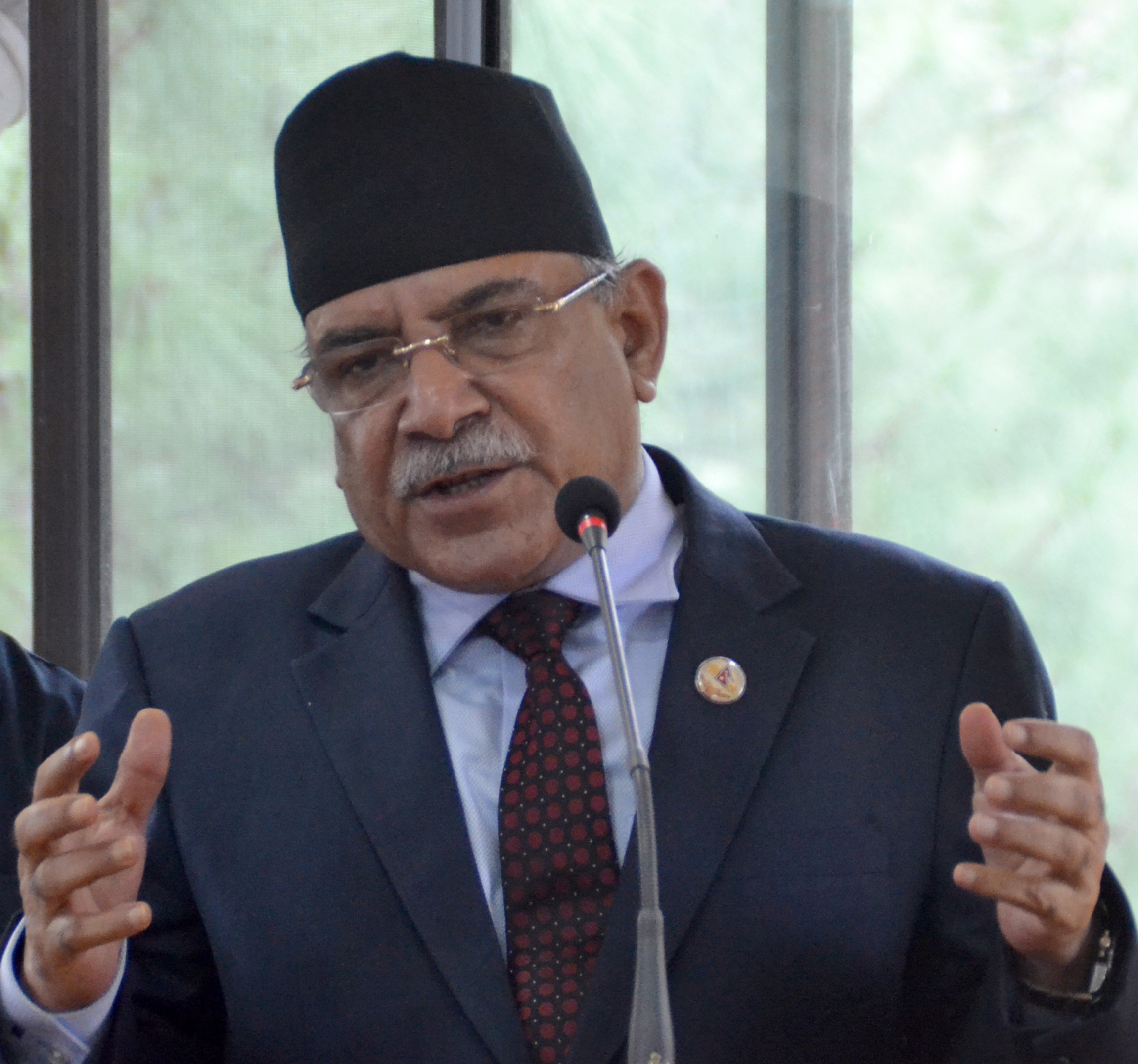SAARC Establishment Day: Hopes pinned on high political leadership for SAARC's revival
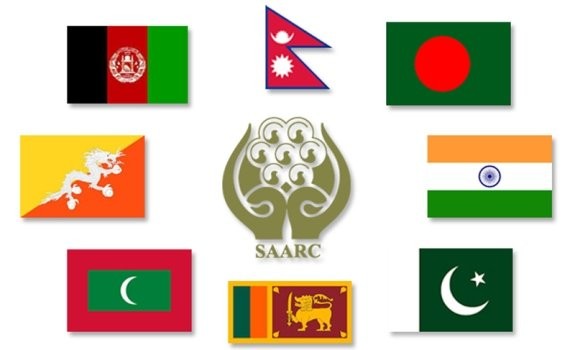
By Sharachchandra Bhandary, Kathmandu, Nov 7: The SAARC (South Asian Association for Regional Cooperation) observe December 8 each year as the establishment day of the regional body. When they are preparing to celebrate the 37th SAARC establishment day on Wednesday, tomorrow, the existing Afghan crisis and the uncertainty of the 19th SAARC Summit appear as the ‘matters of the regional concern’.
The regional block is worried about the future of its youngest member Afghanistan following the Taliban takeover there. On this backdrop, the SAARC proceedings got hampered by the prolonged political tensions between Pakistan and India have been further affected. More, political instability in the republic of Maldives has further abetted the situation.
The adjournment of the SAARC 19th Summit, a diplomatic conference, has its implications on the goal to promote regional cooperation. Though all the member nations are univocal on letting bilateral issues/tensions hamper the SAARC proceedings, the 19th Summit has remained halted for years. The event was scheduled to be held in Islamabad on November 15-16, 2016, it was cancelled due to political reasons.
The postponement of the 19th Summit has hampered its objectives which include promoting the welfare of the peoples of South Asia and improving their quality of life through accelerated economic growth, achieving social progress and cultural development in the region and providing all individuals with the opportunity to live in dignity and to realize their full potentials; to promote and strengthen collective self-reliance among the countries of South Asia; to contribute to mutual trust, understanding and appreciation of one another's problems; to promote active collaboration and mutual assistance in the economic and so on.
It seems that the poverty alleviation issue, the prime agenda of the 12th Summit, has fallen under the shadow.
However, SAARC specialized bodies such as the South Asian University, SAARC Development Fund, the South Asian Regional Standards Organisation and the SAARC Arbitration Council are doing with their regular activities.
Similarly, the SAARC Agriculture Centre, SAARC Tuberculosis and HIV/AIDS Centre, SAARC Energy Centre, SAARC Cultural Centre and SAARC Disaster Management Centre are carrying out regular activities to meet the given goals.
Former Secretary-General of SAARC, Arjun Bahadur Thapa, has said that an effective regional cooperative was indispensable to be free from existing crisis and to materialize the 'Integrated and prosperous South Asia' imagined by founders of SAARC including Nepal.
Arguing there is still relevance of SAARC, he stressed the need of reaching to a conclusion by holding discussions with member countries.
Thapa suggested that Nepal, as the Chair, should immediately take initiative immediately to hold an informal discussion to end the current stalemate. SAARC would be revived if such initiative was taken from the Prime Ministerial level, shared Thapa.
Former Ambassador Dr Dinesh Bhattarai, who already worked as foreign affairs advisor of the Prime Minister, opined that the relevance and importance of SAARC has further increased after the Afghanistan crisis.
"Afghanistan incident has increased the importance of SAARC. It has given a message that South Asian countries should stand together", said Bhattarai, adding conflict between India and Pakistan should also be resolved through dialogue.
Bhattarai mentioned that there was no alternative to move ahead together as SAARC has set a goal of rooting out the terrorism and problems including cross-border terrorism would be resolved through dialogue.
Similarly, foreign affairs expert Dr Rajan Bhattarai stressed that SAARC, moving forward with an objective of eradicating poverty from South Asia, to make this region free from the shadow of terrorism and extremism and uniting against unwanted activities like human trafficking, arms and drug trafficking, should not be made ineffective.
Bhattarai, also the foreign affairs advisor of the then Prime Minister KP Sharma Oli, lamented the slowdown in SAARC at a time when different regional organisations like the European Union and the Association of Southeast Nations have been making strikes in achieving the determined goals.
He opined that Nepal's leadership is expected with a proposal of organising the 19th SAARC Summit in another country by bringing member countries to a consensus if it is not organised in Pakistan.
Likewise, Deputy Chief of CPN (UML) Foreign Affairs Department, Bishnu Rijal, pointed out the need of reviving the SAARC by creating shared views on matters of regional concern and interest.
He said, "Relevance of SAARC is not over. Nepal's initiative is needed to materialize the dream of building a prosperous South Asia dreamed by SAARC founders 37 years ago.
The obstruction in the SAARC process has also hindered the goal of establishing the South Asian Economic Union in a planned and phase-wise manner through the SAFTA, SAARC Customs Union and the Common Market and the SAARC Common Economic and Monetary Union.
The roadmap for the implementation of the declaration of SAARC leaders during the 18th SAARC Summit held in Kathmandu to set up the South Asian Economic Union is limited to paper only and this is a matter of concern for the South Asians.
Mutual agreements and decisions for implementation of the commitments made by the member states for securing the determined goals have remained largely neglected after the Summit has become uncertain.
The need for understanding and partnership among the SAARC member states as well as the strategy for revival of the South Asian economy badly dented by the COVID-19 pandemic is starkly felt at this moment. Such a strategy would be useful for inclusive and resilient growth as well as for strengthening regional cooperation in the changed context.
The SAARC countries can easily make collective efforts towards allocating adequate funds for the health sector, strengthening the medicine and service sectors, maximum utilization of information technology for reducing poverty and promoting the new technology.
SAARC's relevance and usefulness have greatly increased even for fulfilling the commitment of all countries to achieve the sustainable development goals (SDGs) by 2030.
It is through the joint efforts of member states that programmes related to ramping up investment to ensure the SAARC food and nutrition security, to promote research and development, to facilitate technological cooperation and to promote productivity growth and sustainable agriculture have moved forward. SAARC has relevance even to continue these programmes.
It is expected that the SAARC leaders will take far-reaching decisions to prevent the SAARC from becoming ineffective and stagnant before following the path of economic development shown by the SAARC-Asian Development Bank study related to the regional economic integration.
There is no alternative to SAARC considered as an influential regional forum for addressing the hopes and aspirations of the South Asian peoples to get rid of illiteracy, poverty and under-development.
The top political leadership of the SAARC member countries should make strenuous efforts to revive and reinvigorate the SAARC process while realising this reality and as lasting and meaningful regional cooperation alone is the only means for peace and prosperity in this region.
Recent News

Do not make expressions casting dout on election: EC
14 Apr, 2022
CM Bhatta says may New Year 2079 BS inspire positive thinking
14 Apr, 2022
Three new cases, 44 recoveries in 24 hours
14 Apr, 2022
689 climbers of 84 teams so far acquire permits for climbing various peaks this spring season
14 Apr, 2022
How the rising cost of living crisis is impacting Nepal
14 Apr, 2022
US military confirms an interstellar meteor collided with Earth
14 Apr, 2022
Valneva Covid vaccine approved for use in UK
14 Apr, 2022
Chair Prachanda highlights need of unity among Maoist, Communist forces
14 Apr, 2022
Ranbir Kapoor and Alia Bhatt: Bollywood toasts star couple on wedding
14 Apr, 2022
President Bhandari confers decorations (Photo Feature)
14 Apr, 2022
